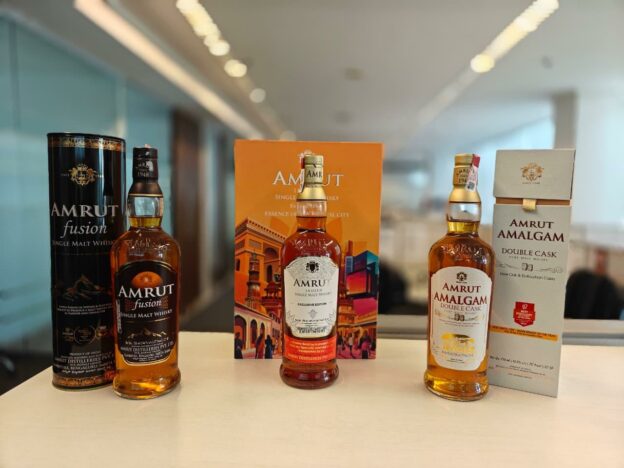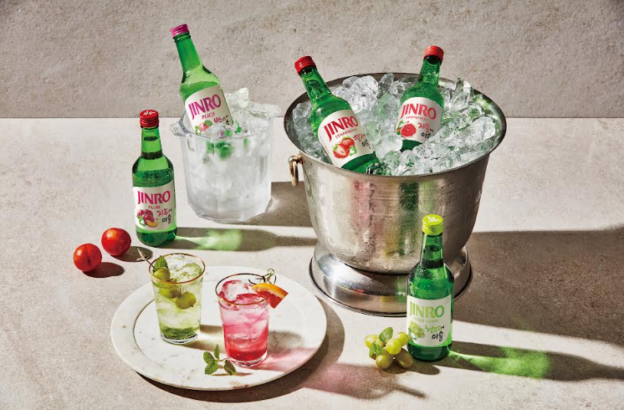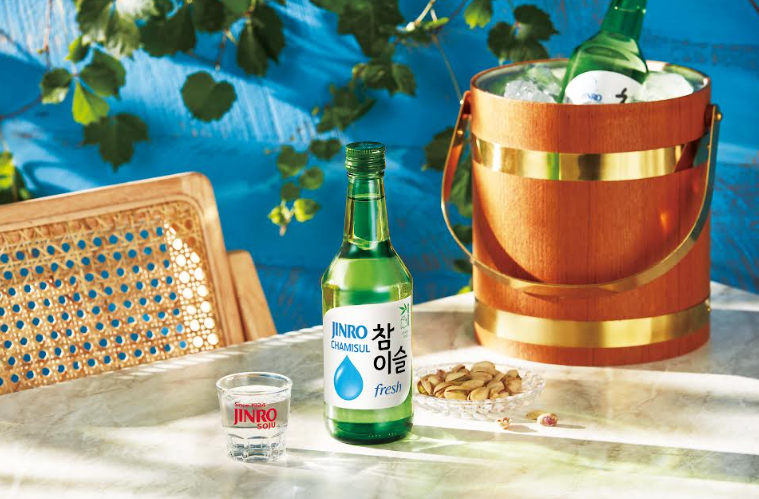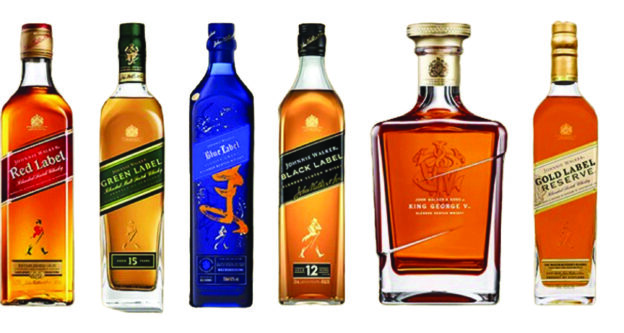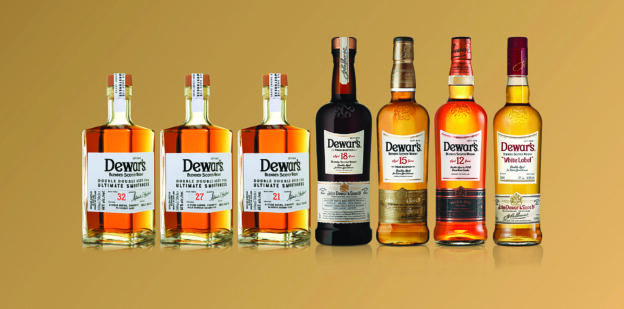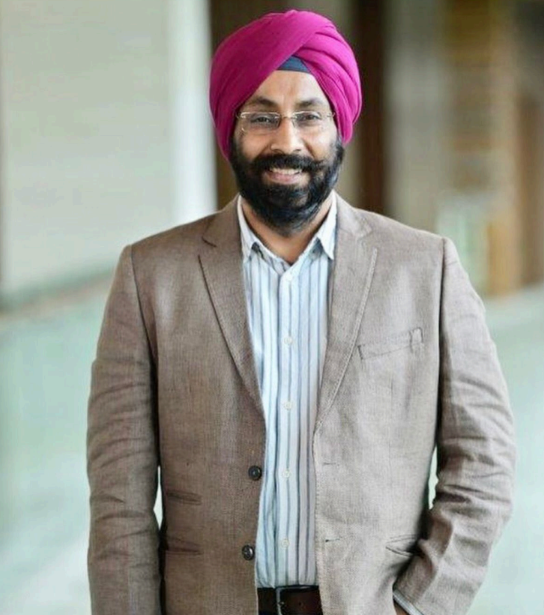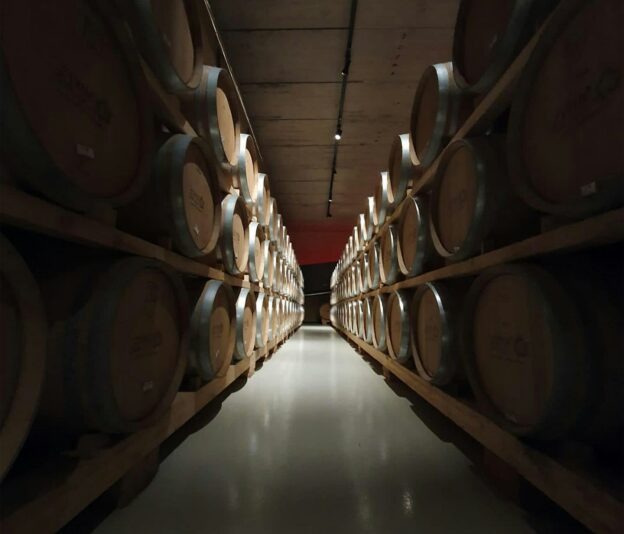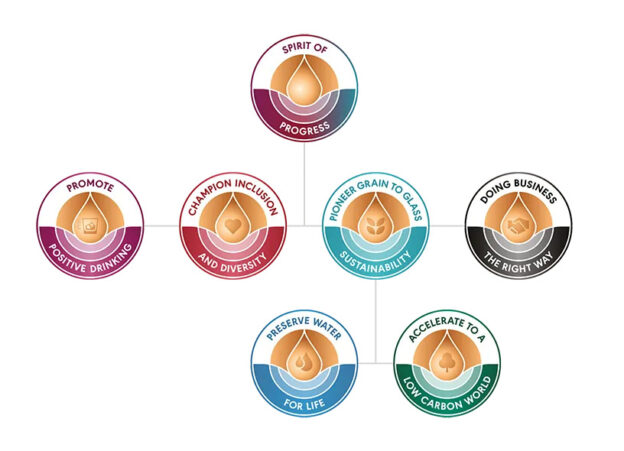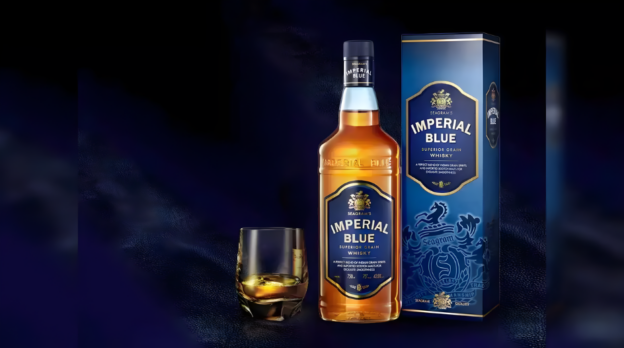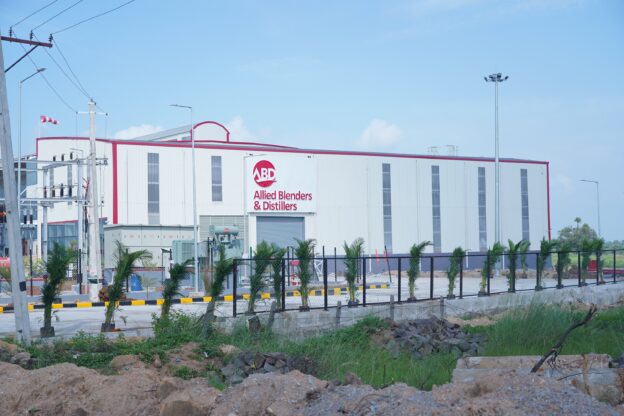- Aiming to rank among the top three Indian single malt brands in Delhi, UP, and Uttarakhand
- Targeting a 20% market share in these regions
- Amrut looking for similar arrangement in North India
India’s premium spirits landscape is seeing a decisive push into the luxury segment, as Bengaluru-based Amrut Distilleries has rolled out an expanded portfolio of high-end Indian single malts across Delhi and Uttarakhand, with Uttar Pradesh next in line. The rollout is being executed through a strategic distribution and marketing partnership with India Glycols Ltd (IGL), one of the country’s largest extra neutral alcohol (ENA) producers.
The move marks Amrut and IGL’s transition from the premium category into the luxury malt space in key North Indian markets, targeting both high-value consumers and institutional buyers, while leveraging IGL’s financial strength, logistics, and market reach.
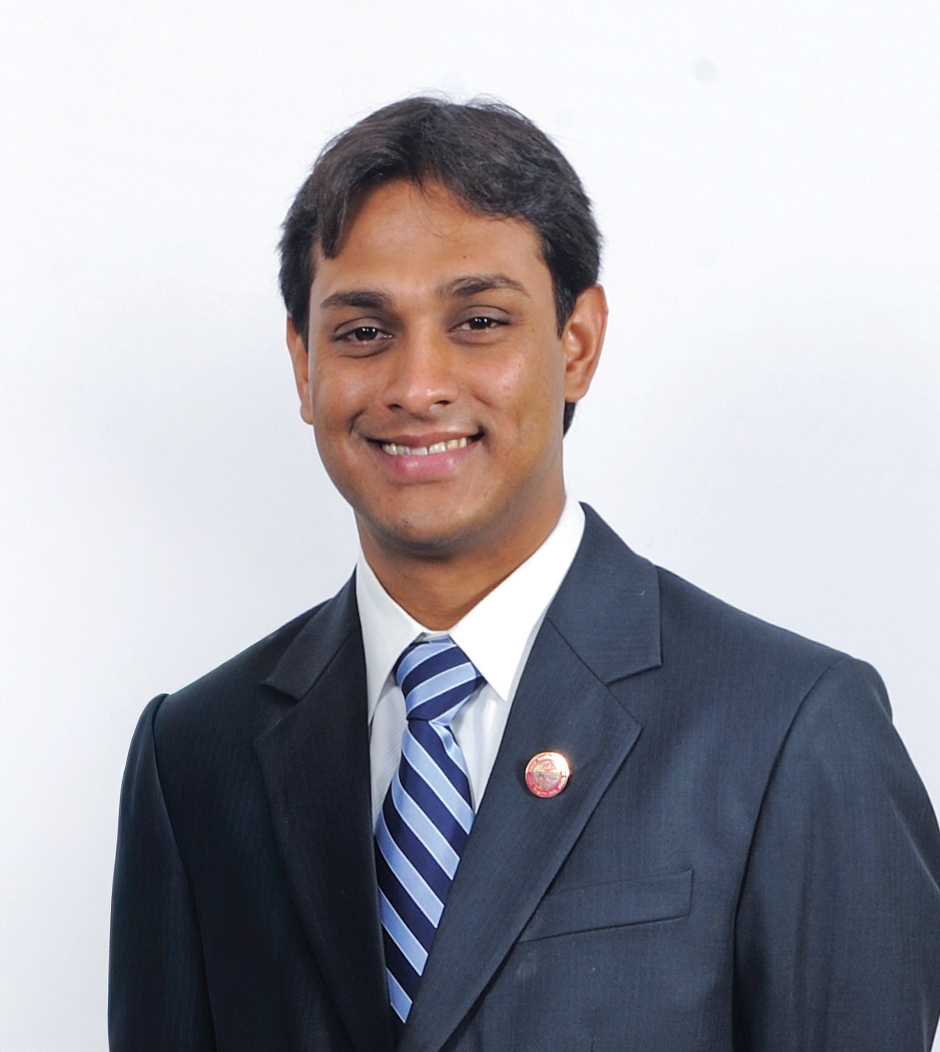
Explaining the rationale behind the move, the Executive Director of Amrut Distilleries, Thrivikram. G. Nikam said, “Prior to partnering with IGL, we were operating through a local distribution arrangement, with a strong focus on our premium portfolio. At that time, we were selectively present in the northern markets, primarily testing the waters with our higher-end offerings. However, following changes in the excise policy in Delhi we decided to discontinue operations and reassess our approach to the region. Now with IGL we have reintroduced our Luxury Malt brands.”
Asked about the incremental market-share Amrut expects from the arrangement, he said, “While we are not placing specific numbers at this stage, the re-entry with IGL has been encouraging. With a more structured and reliable arrangement now in place with IGL, we are confident of achieving a steady and sustainable growth trajectory in these markets.”
Leveraging IGL’s Operational Strength
On the partnership, Nikam mentioned that the biggest advantage is the alignment of values and long-term vision. “IGL is a respected and well-established organisation, and their market understanding, operational strength, and credibility complement Amrut’s philosophy of quality, integrity, and premium positioning. We see this as a long-term partnership built on mutual trust and shared goals with IGL. We look forward to strengthening our presence in the northern markets through this association with IGL.”
India Glycols operates ENA manufacturing facilities in Kashipur and other locations, supplying high-quality extra neutral alcohol to leading spirits brands across the country. ENA is transported from northern India to southern markets such as Karnataka due to its consistency and quality, despite the presence of local distilleries. Amrut sources ENA from India Glycols. IGL already supplies ENA for the production of nearly 2 lakh cases per month at its bottling facilities and has been producing premium alcohol for over 15 years. The company also owns brands such as Amazing Whisky, Amazing Vodka, and Zumba Limon, but had largely remained an upstream supplier before entering branded spirits in a bigger way.
Amrut open to Partnerships
To the question whether Amrut would be open for similar arrangements, Nikam confirmed “Yes, as part of our growth strategy, we remain open to partnering with strong, credible promoters in other regions as well. Our focus is to work with partners who share our values and have a deep understanding of their respective markets. This approach will guide our expansion into remaining states over time.”
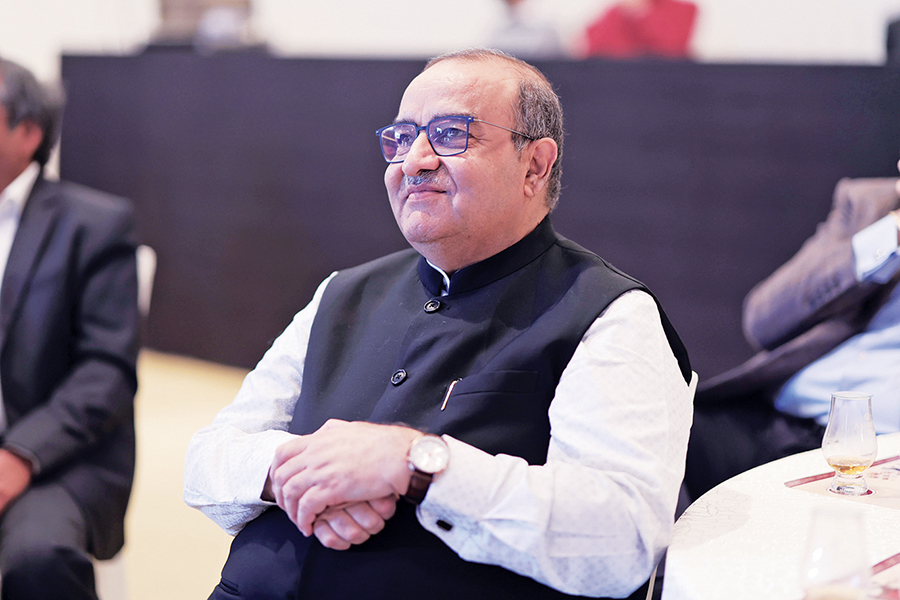
Raju Vaziraney, President of IMFL at India Glycols said that recognising the challenge of launching new whisky labels in a market driven by heritage and credibility, IGL opted to partner with Amrut rather than create a new single malt brand from scratch.
New Launches: Capital, Double Cask and Exclusive Editions
Vaziraney mentioned that in Delhi, three luxury expressions have been rolled out. They are Amrut Fusion—the flagship, internationally awarded Indian single malt; Amrut Amalgam Double Cask—an upgraded and more refined version of Amalgam, featuring new premium magnetic packaging; and Amrut Exclusive Edition – Capital Edition—a city-specific luxury malt positioned among the highest-priced Indian single malts.
In Uttarakhand, four variants have been introduced Amrut Fusion; Amrut Amalgam Double Cask; Amrut Exclusive Edition – Silver Jubilee Edition, commemorating 25 years of the state’s formation; and Amrut Amalgam Peated, catering to consumers who prefer smoky malt profiles.
Uttar Pradesh is scheduled for launch within the next month, with three luxury variants already approved under the agreement.
Export-Grade Quality
To align with international benchmarks, Amrut has increased alcohol strength for these markets with Fusion and Amalgam: 44.1% ABV (up from the usual export 42.8%) and Exclusive Editions: 48% ABV. He reiterated that the same malt quality supplied to export markets is being offered domestically, reinforcing its premium and luxury positioning.
The partnership is targeting aggressive growth in North India. Amrut and IGL are aiming to rank among the top three Indian single malt brands in key markets such as Delhi, UP, and Uttarakhand, with a 20% market share target in these regions.
Pricing for the Exclusive Editions is expected to place them among the top three highest-priced Indian single malts, firmly positioning the range in the luxury category. Within Amrut’s internal classification, these expressions are being marketed as Luxury Malts, above its earlier premium offerings such as McIntosh by IGL.
Vaziraney added that for now, the expansion is limited to Delhi, Uttarakhand, and UP. Amrut already has established distributors in Haryana and Rajasthan and does not intend to disrupt existing partnerships. Further northern expansion will be evaluated based on performance in the current markets.
In Delhi and Uttarakhand, regulatory norms require the manufacturer to maintain depots. Accordingly, stocks are transferred to Amrut-owned depots, while IGL manages end-to-end commercial operations. The trademarks and brand stewardship remain with Amrut, ensuring global brand integrity. A key differentiator of the partnership is its 100% cash-and-carry distribution model, a rarity in India’s spirits trade. Under the arrangement, IGL purchases stocks upfront, often requiring over ₹1 crore per truckload, and assumes responsibility for sales, pricing strategy, promotions, and market execution.
With India’s single malt category continuing to grow rapidly both at home and abroad, the Amrut–IGL alliance signals a new phase of consolidation, premiumisation, and financial discipline in North India’s high-end spirits business.

